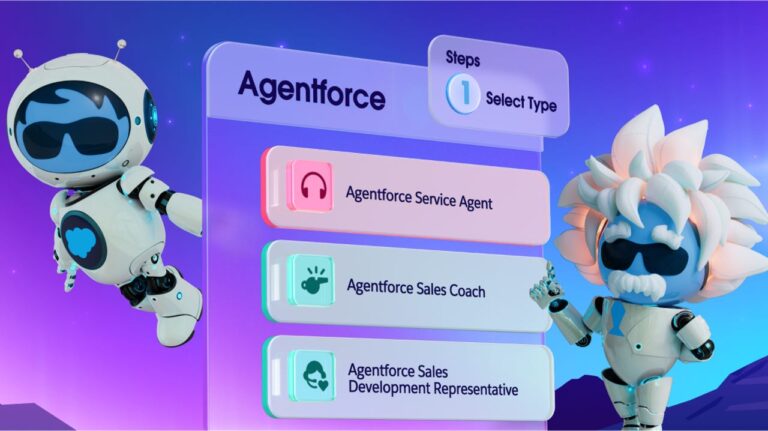AI in Healthcare: Revolutionizing Diagnosis and Treatment
Introduction
Artificial intelligence (AI) is transforming various sectors of the economy, but few are experiencing its impact as profoundly as the healthcare industry. From more accurate diagnoses to personalized treatments, AI in healthcare is revolutionizing how doctors, hospitals, and patients interact with technology. This article explores the most promising advancements, the ethical and technical challenges, and what the future holds for this powerful intersection of science and innovation.
How AI Is Transforming Medical Diagnosis
One of the most advanced uses of medical AI is in the area of diagnosis. With algorithms trained on millions of medical images—such as X-rays, MRIs, and CT scans—AI systems can identify patterns often imperceptible to the human eye. A notable example is the use of deep neural networks to detect breast cancer with accuracy rates comparable to, and in some cases superior to, those of experienced radiologists.
Beyond imaging, AI diagnostic algorithms can analyze electronic health records, lab results, and patient histories to predict diseases even before symptoms appear. This enables a shift toward a more preventive healthcare model, reducing costs and improving patient outcomes.
Personalized Treatment with AI Technology
The personalization of medical treatment is another area greatly enhanced by AI in healthcare. By analyzing genetic data, lifestyle factors, medical history, and responses to medications, AI algorithms can recommend tailored therapies for each patient. This approach—known as precision medicine—is already being used in oncology to determine specific drug combinations based on a patient’s tumor genetic profile.
Furthermore, AI treatment technologies support chronic disease management by offering real-time recommendations based on patient behavior. A practical example is the use of AI in wearable devices that monitor blood pressure, glucose levels, and other vital signs, alerting patients and doctors when health risks arise.
Practical Applications of AI in Hospitals and Clinics
Smart hospitals worldwide are increasingly adopting AI-powered healthcare solutions. Chatbots perform initial screenings, guiding patients to the most appropriate level of care. Decision support systems assist doctors in real time, suggesting differential diagnoses and flagging potential drug interactions.
AI is also revolutionizing hospital administration. By predicting demand peaks, optimizing bed utilization, and reducing waiting times through predictive analytics, healthcare professionals can operate more efficiently while enhancing the patient experience.
Ethical, Technical, and Regulatory Challenges
Despite progress, the implementation of AI in healthcare presents challenges. Data privacy, algorithmic bias, and model transparency are significant concerns. How can we ensure that AI-driven decisions are fair and explainable? How do we protect sensitive patient data from potential breaches?
Additionally, regulatory frameworks are still adapting to the pace of innovation. Agencies like the FDA in the US and the EMA in Europe are working on specific frameworks to evaluate medical algorithms, but clinical validation remains a high bar for approval.
The Future of Medical AI
The future of medical AI is promising, pointing toward an increasingly close collaboration between humans and machines. AI will not replace healthcare professionals but rather enhance their capabilities, enabling faster, more informed, and personalized decisions. As system interoperability, large-scale data utilization (big data), and quantum computing evolve, this transformation will accelerate even further.
Ongoing research explores the use of AI to predict pandemics, accelerate drug development, and even perform autonomous robotic surgeries. We are only at the beginning of a quiet yet profound revolution that may redefine the very foundations of modern medicine.
Conclusion
AI in healthcare is already reshaping the present and future of medicine. Its applications in diagnosis, treatment, and hospital management demonstrate the transformative power of technology when combined with medical science. However, for this revolution to be ethical, effective, and sustainable, innovation must go hand in hand with regulation, transparency, and a human-centered approach.
At Global AI News, we will continue to monitor the most relevant developments in health tech, offering insights, trends, and analyses for professionals, investors, and AI enthusiasts. Stay with us as we explore the next frontiers of digital health.



